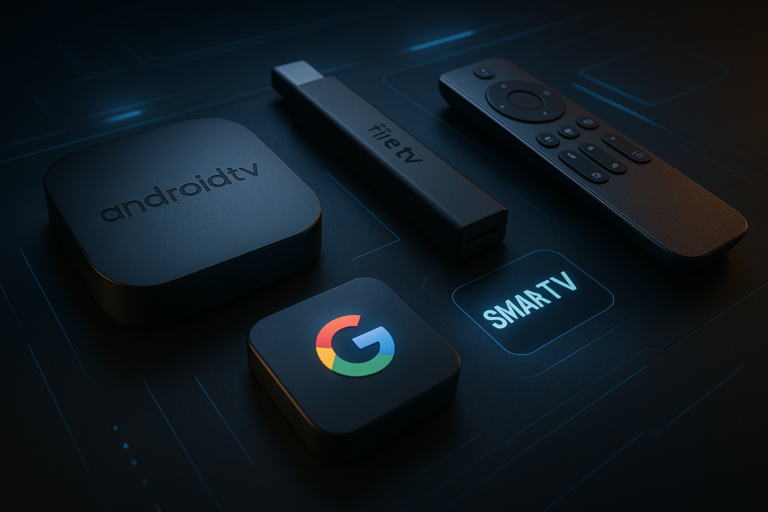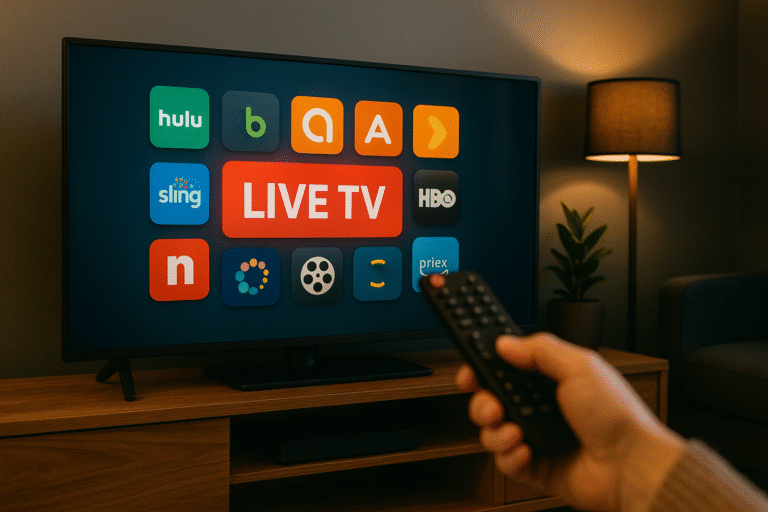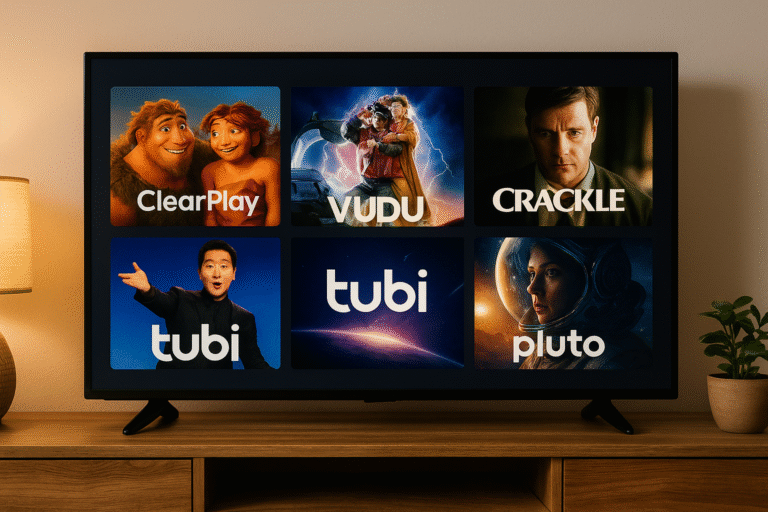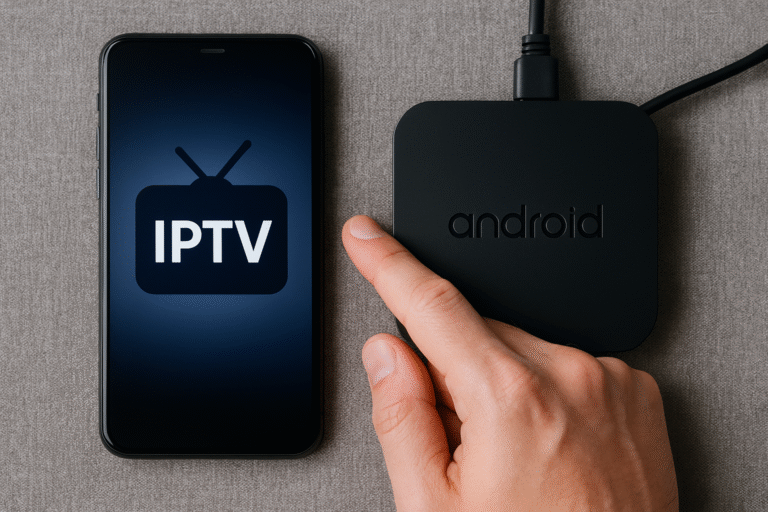AI Personalization in IPTV 2027: Viewer Experience Reinvented
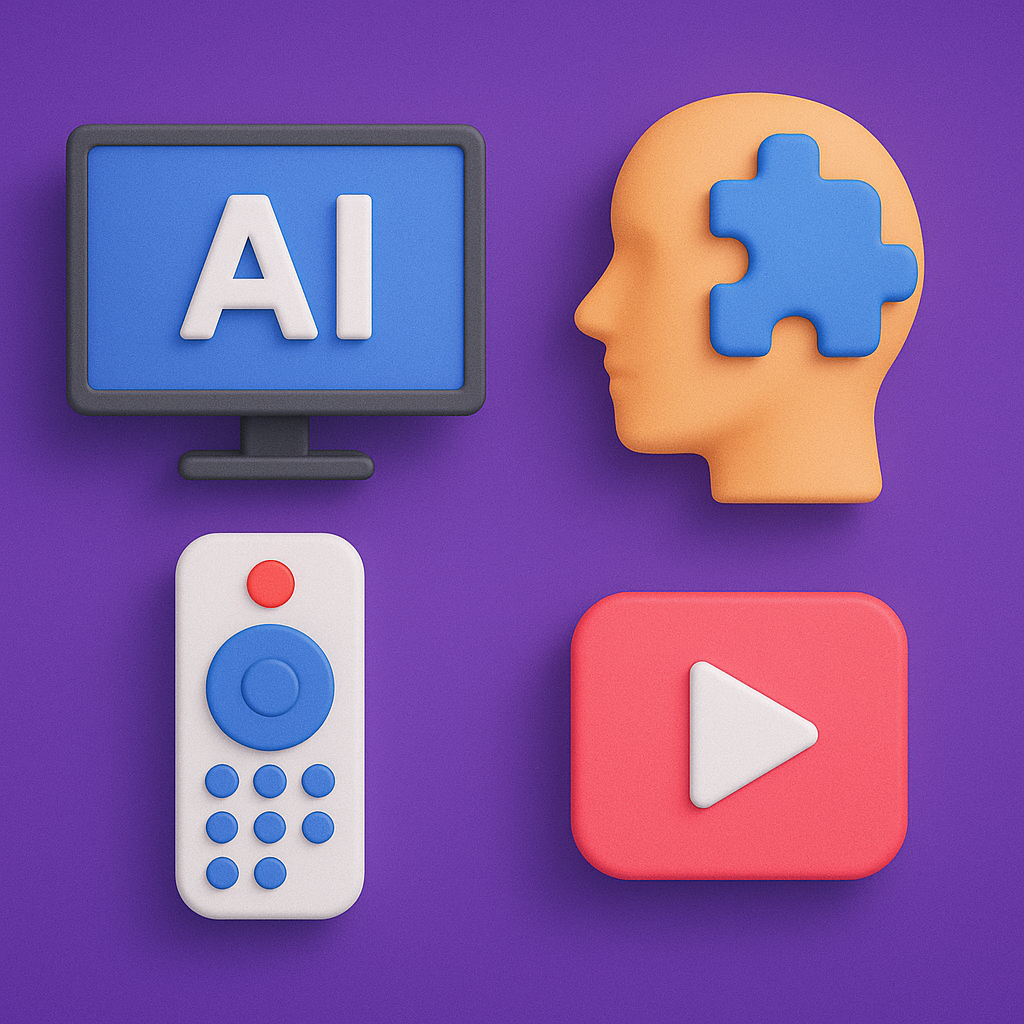
AI Personalization in IPTV 2027: Viewer Experience Reinvented
Estimated reading time: 8 minutes
The world of IPTV in 2027 has entered a new era of personalization. With artificial intelligence now at the heart of every streaming platform, content is no longer just delivered — it’s curated, predicted, and fine-tuned for each viewer’s habits, preferences, and emotions.
This shift from “one-size-fits-all” to “made-for-you” is redefining what it means to watch TV, turning every screen into a personalized entertainment experience powered by deep learning and behavioral analytics.
🤖 How AI Personalization Works
Modern IPTV systems use AI to collect and analyze user data — from watch history and search queries to viewing times and even reaction patterns. These insights fuel recommendation engines that predict what a user wants to watch next before they even ask.
Machine learning models evaluate context: time of day, preferred genres, language, and mood-based behavior. The result? Each interface feels unique — no two users see the same homepage or suggestions.
⚙️ Dynamic Content Optimization
AI doesn’t just personalize what you watch — it optimizes how you watch it. Using adaptive bitrate algorithms and predictive streaming, IPTV services automatically adjust video resolution and buffering speed based on network performance and device capacity.
This guarantees uninterrupted 8K streaming on fast connections and smooth playback even in low-bandwidth environments. Every second is optimized for experience, not just delivery.
📡 The Rise of Emotion-Based AI
In 2027, some IPTV platforms have gone even further by integrating emotion recognition technologies. Using facial detection and audio tone analysis (with user consent), the system gauges emotional responses to fine-tune future recommendations.
For instance, if a user frequently smiles during comedy shows, AI learns to prioritize similar genres during the same time of day — creating an adaptive emotional rhythm for the viewer.
🎯 Personalized Advertising and Engagement
Advertisers are also embracing AI-driven personalization. Instead of generic ads, viewers now receive contextual, interest-based promotions that align with their tastes and location. This boosts engagement while maintaining user satisfaction through relevance and respect for privacy.
In Europe, new IPTV regulations under the Digital Media Fairness Act 2026 ensure all AI-driven advertising remains transparent and user-controlled.
🟨 Reality Check
AI personalization, while revolutionary, raises concerns about over-tracking and data ethics. Continuous behavioral analysis requires access to personal data — leading some users to worry about privacy boundaries.
To address this, IPTV providers are adopting federated learning — a technique where AI learns directly on the device without uploading sensitive data to central servers, ensuring privacy without compromising accuracy.
🚀 The Future of Adaptive Viewing
By 2028, experts predict that 90% of IPTV platforms will rely on AI personalization as their main user interface technology. Viewers will not just scroll through content — they will experience an evolving library that learns, responds, and evolves with them.
From dynamic language switching to AI-curated playlists, IPTV will continue merging intelligence with creativity — turning passive entertainment into active engagement.
🟥 Final Verdict
AI Personalization in IPTV 2027 is more than a feature — it’s the foundation of modern entertainment. By combining deep learning, emotion analytics, and adaptive optimization, IPTV becomes an evolving digital companion.
In the era of smart streaming, your TV no longer just plays content — it understands you.

